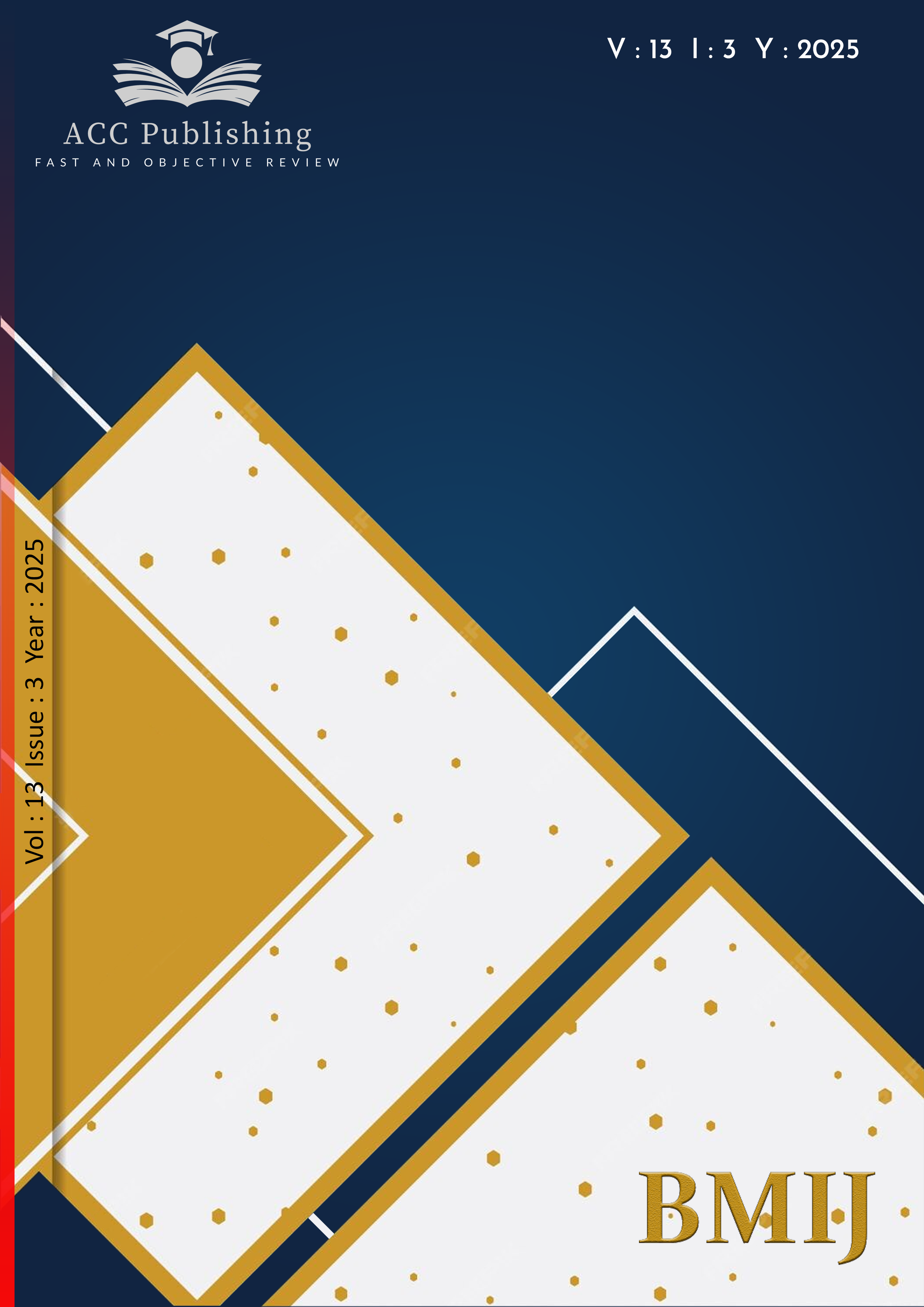
Yayınlanmış 25.09.2025
Anahtar Kelimeler
- Environmental Economy, Sustainable Development, Effective Q-Fuzzy Soft Set
- Çevresel Ekonomi, Sürdürülebilir Kalkınma, Etkili Q-Bulanık Esnek Küme
Nasıl Atıf Yapılır
Telif Hakkı (c) 2025 Nuh Okumuş

Bu çalışma Creative Commons Attribution-NonCommercial-NoDerivatives 4.0 International License ile lisanslanmıştır.
Nasıl Atıf Yapılır
Öz
Çevresel bozulma, uzun süredir küresel ölçekte insanlık ve tüm canlı türleri için ciddi bir tehdit oluşturmaktadır. Küresel düzeydeki tüm çabalara rağmen bu bozulma süreci devam etmekte; Türkiye ise bu soruna karşı sürdürülebilir kalkınma ve yeşil büyüme yaklaşımlarını temel çözüm yolları olarak benimsemektedir. Bu bağlamda temel mesele, hızlı ve istikrarlı ekonomik büyümeyi tehlikeye atmadan çevresel bozulmayı nasıl yönetebileceğimiz ya da azaltabileceğimizdir. Bu çalışma, Türkiye’nin sürdürülebilir kalkınma politikalarını ve uygulamalarını analiz etmektedir. İlk aşamada çevrecilik, sürdürülebilir kalkınma ve yeşil büyüme konularına ilişkin literatür ele alınmakta, ardından Türkiye'deki mevcut politika ve uygulamalar değerlendirilerek çevresel sürdürülebilirlik ile ekonomik kalkınma arasındaki dengenin nasıl kurulduğu tartışılmaktadır. Türkiye, çevre koruma politikalarını benimsemiş olsa da kalkınma hedeflerinden taviz vermeden çevresel riskleri azaltmaya çalışmaktadır. Sonuç olarak, devlet, sürdürülebilir kalkınmayı sağlamak amacıyla farklı paydaşların çıkarlarını gözeten çeşitli politikalar geliştirmekte ve bu süreçte karar verme mekanizmalarının önemi artmaktadır. Bu nedenle, Türkiye için en uygun çevre ekonomisi politikalarının belirlenebilmesi adına, çevre sorunlarına bütüncül çözümler sunan ve alternatifleri karşılaştırmalı olarak değerlendirmeyi içeren yeni bir karar verme yaklaşımı önerilmektedir.
Referanslar
- Adam, F. and Hassan, N. (2016). Multi Q-fuzzy soft expert set and its applications. Journal of Intelligent & Fuzzy Systems,30(2): 943–950. https://doi.org/10.3233/IFS-151816
- Adam, F. and Hassan, N. (2014). Q-fuzzy soft set. Applied Mathematical Sciences,8(174): 8689-8695.
- Adam F, Hassan N. (2014a). Operations on Q-fuzzy soft set. Applied Mathematical Sciences,8(175): 8697–8701. http://dx.doi.org/10.12988/ams.2014.410866
- Adam, F. and Hassan, N. (2014b). Q-fuzzy soft matrix and its application. AIP Conference Proceedings, 1602: 772–778, doi: 10.1063/1.4882573.
- Adam, F. and Hassan, N. (2015). Multi Q-fuzzy soft set and its application. Far East Journal of Mathematical Sciences, 97(7): 871–881. http://dx.doi.org/10.17654/FJMSAug2015_871_881
- Alkhazaleh, S.and Salleh, A.R .(2011). Soft expert sets. Advances in Decision Sciences. 2011. article no. 757868. doi:10.1155/2011/757868
- Alkhazaleh, S. (2022). Effective fuzzy soft set theory and its applications. Applied Computational Intelligence and Soft Computing, 2022(1), 6469745. https://doi.org/10.1155/2022/6469745
- Atvur, V. (2022). Türkiye's Climate Policies in the Context of Sustainable Security. Bilig, 103, 59–93. https://doi.org/10.12995/bilig.10303
- Aydın, S. (2021). Environmental impact of coronavirus (COVID-19) from Turkish perceptive. Environment, Development and Sustainability, 23, 7573–7580. https://doi.org/10.1007/s10668-020-00933-5
- Azam Khan, M., & Öztürk, I. (2020). Examining foreign direct investment and environmental pollution link age in Asia. Environmental Science and Pollution Research, 27(1), 1–12. https://doi.org/10.1007/ s11356-019-07387-x
- Bahçeci, H. I. (2018). Turkiye’de Cevreciliğin Tarihi- History of Environmentalism in Turkey eds. Burak Herguner and Eol Kalkan, Türkiye’de Çevre Politikaları-Enviremental Policies in Turkey, Nobel Yayıncılık, 2018, 45–62.
- Barry, J. (2014). Green political theory. In V. Geoghegan & R. Wilford (Eds.), Political ideologies: An introduction (4th ed., pp. 153–178). Routlege.
- Baykan B. G. (2013). Environmentalists in Turkey - Who are they? In Ulrike Dufner (Edt.), The Green Movement In Turkey. (Heinrich Böll Stiftung – Turkey Representation, pp. 8–11).
- Begüm, Ö., & Canel, C. (2016). Environmental sustainability and vision of Turkey. Journal of Business and Economics, 7(9), 1533–1542. https://doi.org/10.1007/s10668-024-05346-2
- Boyar, O. (2020). Anayasa ve Surdurulebilir Kalkınma- The Constitution and Sustainable Development. İstanbul Hukuk Mecmuası, 78(4), 1921–1957. https://doi.org/10.26650/mecmua.2020.78.4.0007
- Başer, Z., & Uluçay, V. (2024). Effective Q–Fuzzy Soft Expert Sets and Its Some Properties. Uncertainty Discourse and Applications. https://doi.org/10.48313/uda.v1i2.41
- Başer, Z., & Uluçay, V. (2024a) Effective Q-Neutrosophic Soft Expert Sets and Its Application in Decision Making. Algebraic Structures In the Universe of Neutrosophic: Analysis with Innovative Algorithmic Approaches, 147.
- Hazaymeh, A.A, Abdullah I.B., Balkhi and Ibrahim, R.I. (2012). Generalised fuzzy soft expert set. Journal of Applied Mathematics, Article ID 328195 doi: 10.1155/2012/328195
- Hassan, N. and Alhazaymeh, K. (2013). Vague soft expert set theory. AIP Conference Proceedings, 1522: 953–958, doi: 10.1063/1.4801233
- Hassan, N. and Alhazaymeh, K. (2013a). Generalised vague soft expert set theory, AIP Conference Proceedings, 1571: 970–974, doi: 10.1063/1.4858779
- Hazaymeh, A. (2024). Time Effective Fuzzy Soft Set and Its Some Applications with and Without a Neutrosophic. International Journal of Neutrosophic Science, (2), 129-29. 10.54216/IJNS.23021
- Maji, PK, Biswas, R, and Roy, AR (2001). Fuzzy soft sets. Journal of Fuzzy Mathematics, 9, 589-602. https://sid.ir/paper/653896/en
- Maji, PK, Biswas, R, and Roy, AR (2003). Soft set theory. Computers & Mathematics with Applications, 45, 555-562. https://doi.org/10.1016/S0898-1221(03)00016-6
- Molodtsov, D (1999). Soft set theory—first results. Computers & Mathematics with Applications, 37, 19 31. https://doi.org/10.1016/S0898-1221(99)00056-5
- Okumuş, N. (2025). Sürdürülebilir Kalkınma Kapsamında Türkiye'de Çevre Ekonomisine Yönelik Yapılan Harcamaların Değerlendirilmesine Yönelik Yeni Bir Yaklaşım. Gaziantep Üniversitesi Sosyal Bilimler Dergisi, 24(1), 242-251. https://doi.org/10.21547/jss.1586355
- Roy, A.R, and Maji, P.K. (2007). A fuzzy soft set theoretic approach to decision making problems. Journal of Computational and Applied Mathematics, 203, 412-418. https://doi.org/10.1016/j.cam.2006.04.008
- Yang, X., Lin, T.Y, Yang, J, Li, Y, and Yu, D. (2009). Combination of interval-valued fuzzy set and soft set. Computers & Mathematics with Applications, 58, 521-527. https://doi.org/10.1016/j.camwa.2009.04.019
- Uluçay, V., & Şahin, M. (2024). Intuitionistic fuzzy soft expert graphs with application. Uncertainty discourse and applications, 1(1), 1-10. https://doi.org/10.48313/uda.v1i1.16
- Uluçay, V., & Okumuş, N. (2024). A new generalised similarity measure based on intuitionistic trapezoidal fuzzy multi-numbers: Turkey's sustainable tourism economy strategy application. Journal of Fuzzy Extension and Applications, 5(2), 238-250. https://doi.org/10.22105/jfea.2024.447222.1403
- Uluçay, V., & Şahin, N. M. (2023). Some harmonic aggragation operators with trapezoidal fuzzy multi-numbers: Application of Law. 2023 Neutrosophic SuperHyperAlgebra And New Types of Topologies, 202.
- Zadeh, LA (1965). Fuzzy sets. Information and Control, 8, 338-353. https://doi.org/10.1016/S0019-9958(65)90241-X
- Zadeh, LA (1975). The concept of a linguistic variable and its application to approximate reasoning—I. Information Sciences, 8, 199-249. https://doi.org/10.1016/0020-0255(75)90036-5



